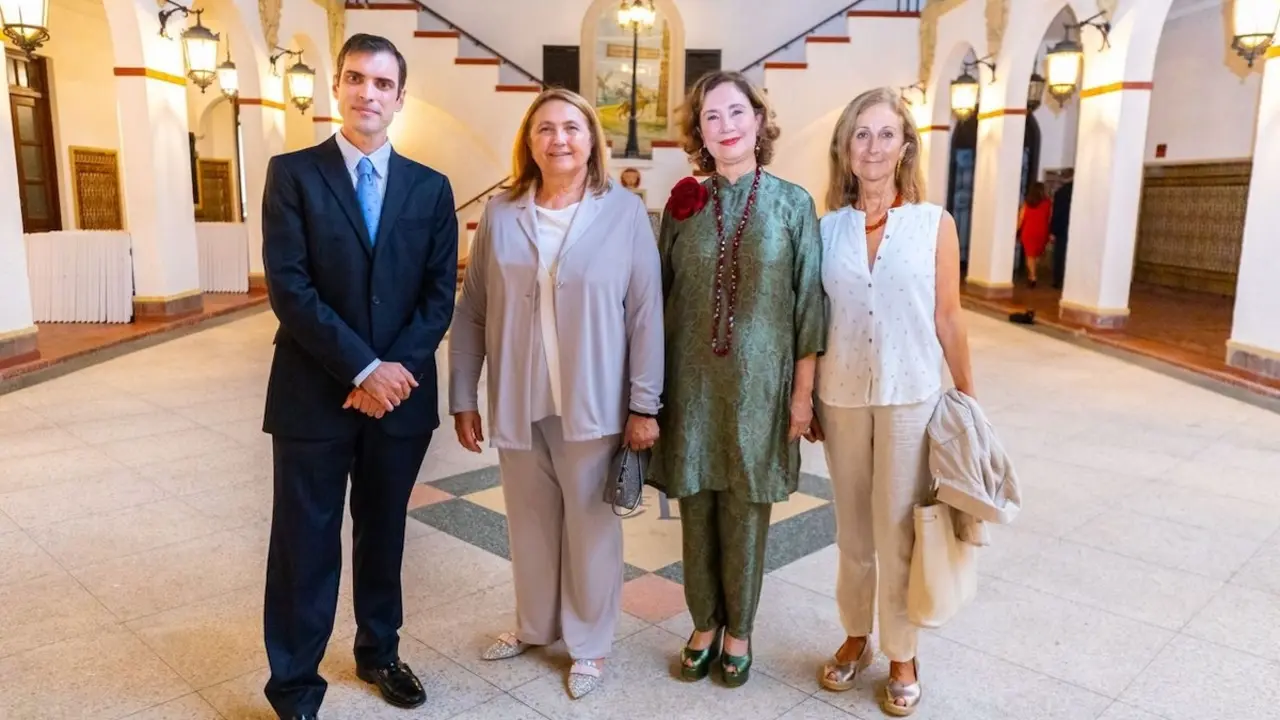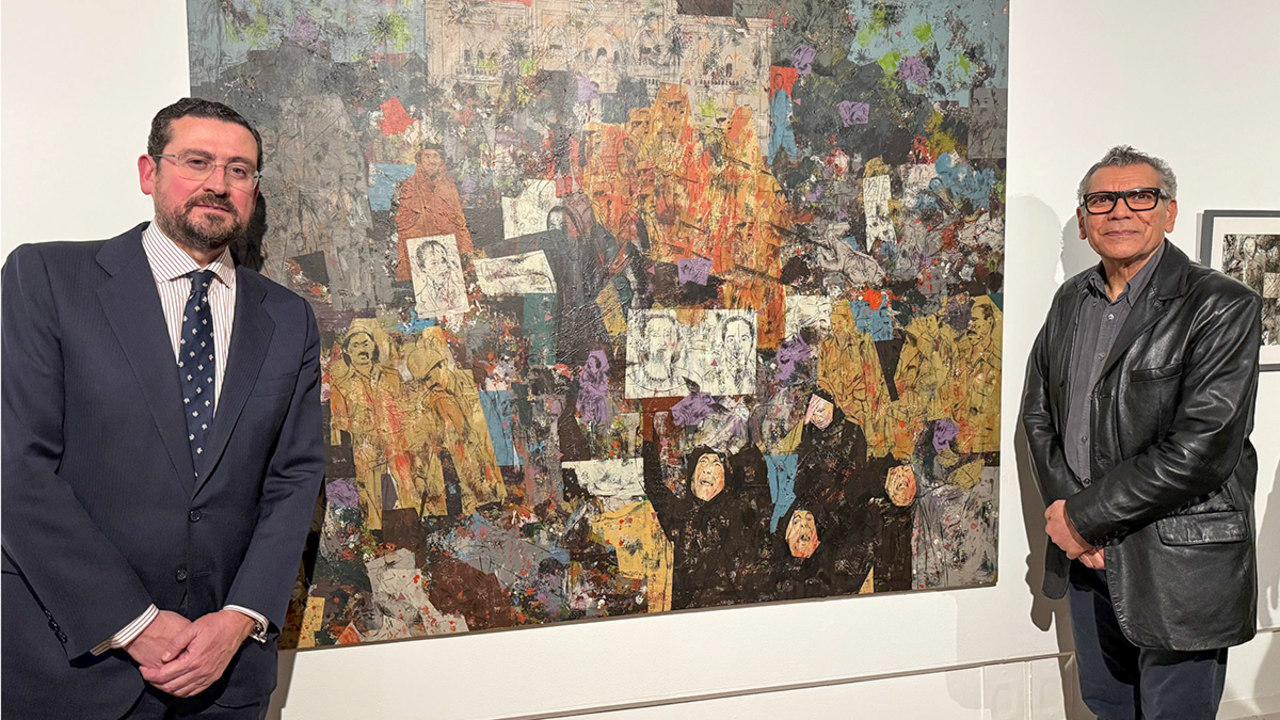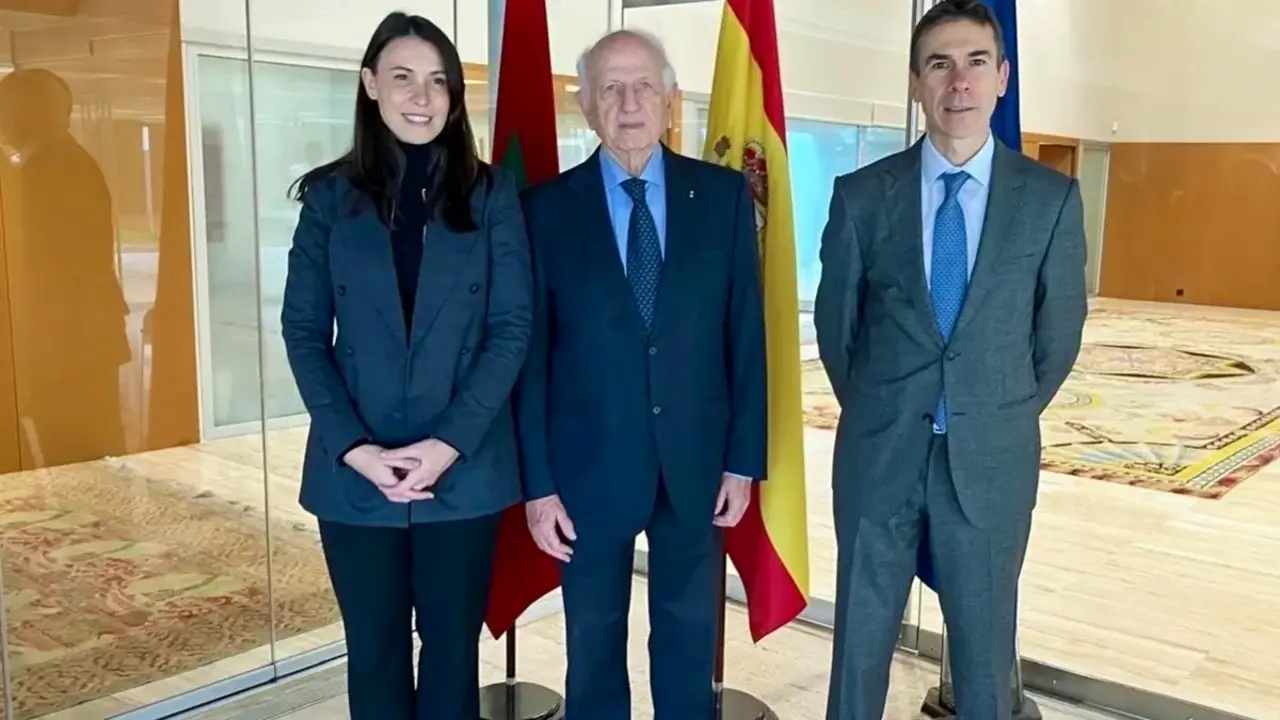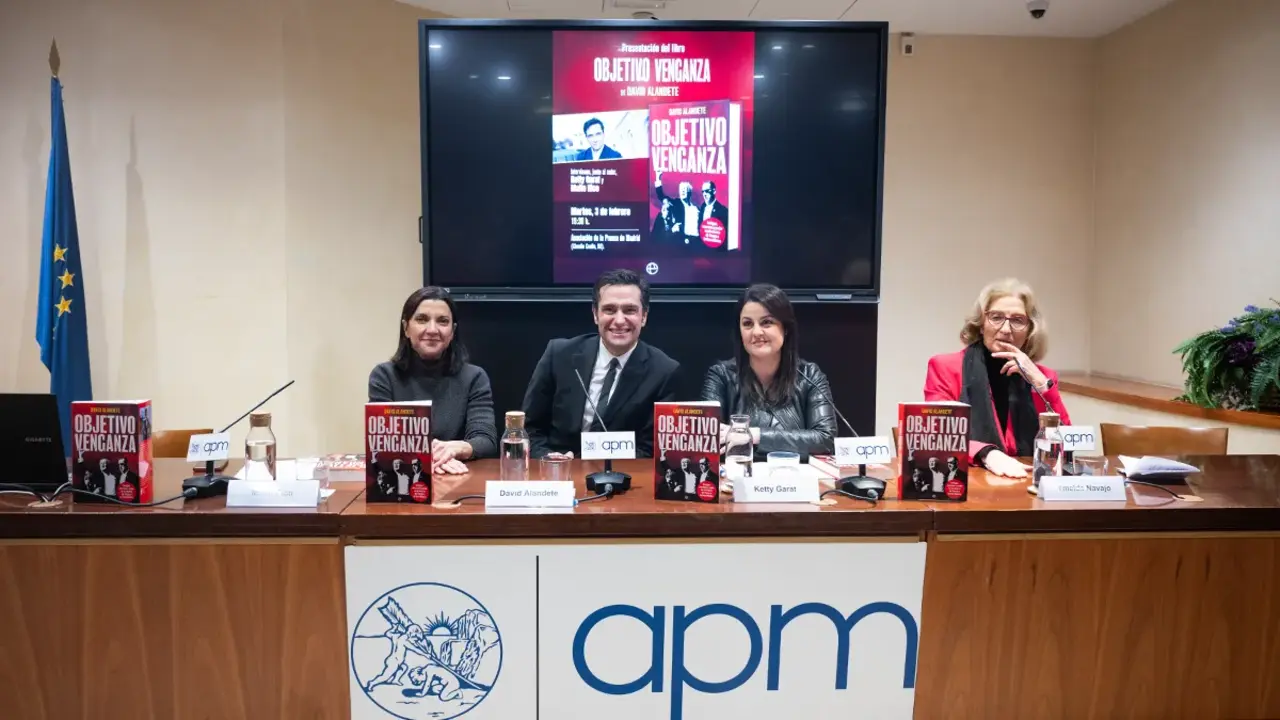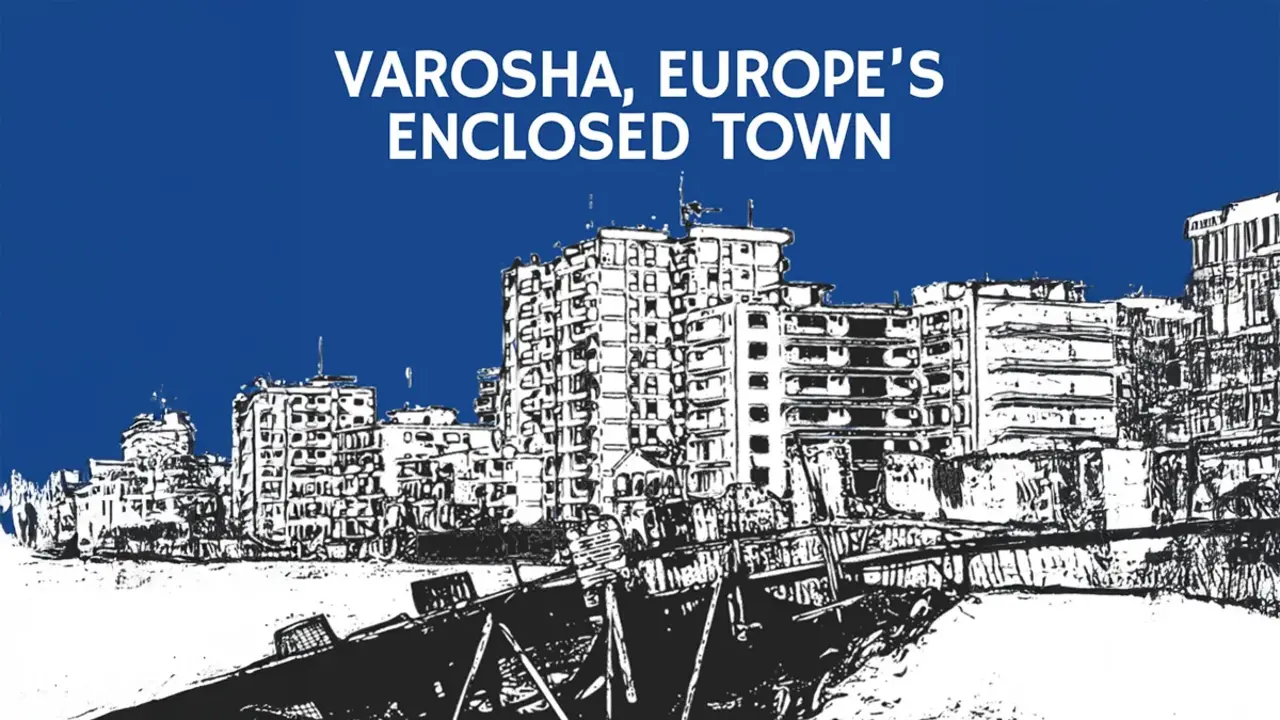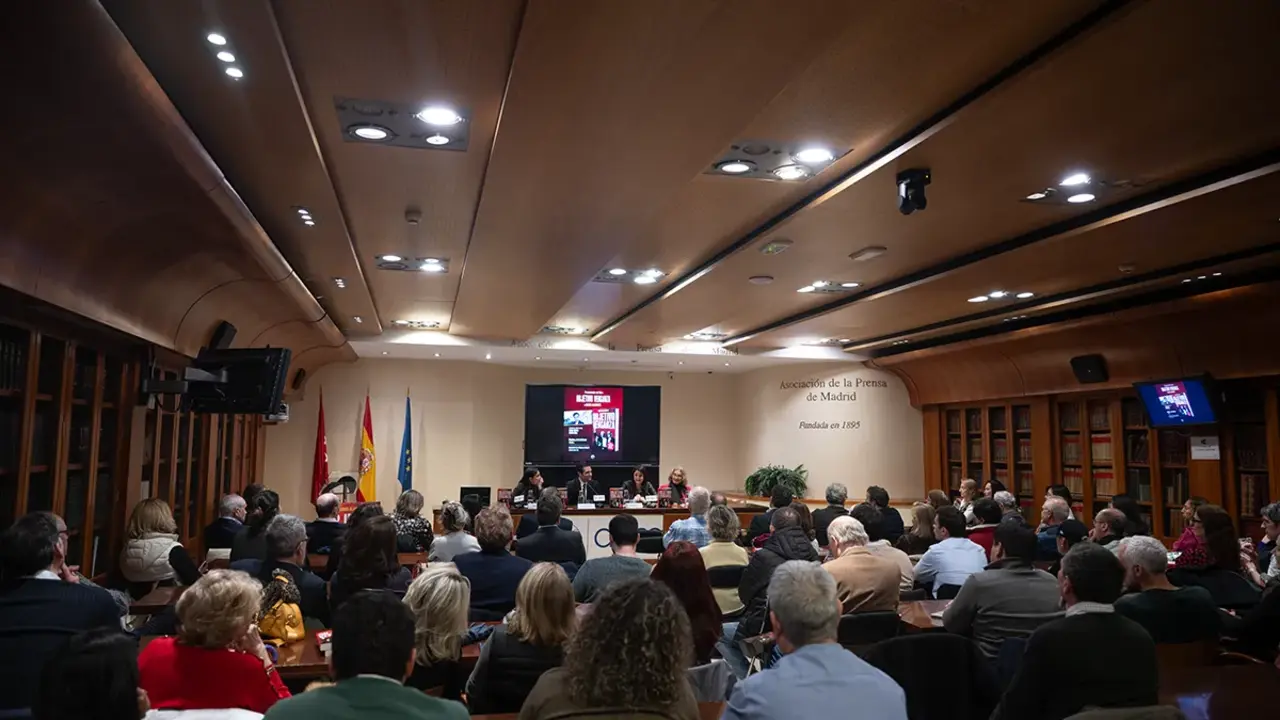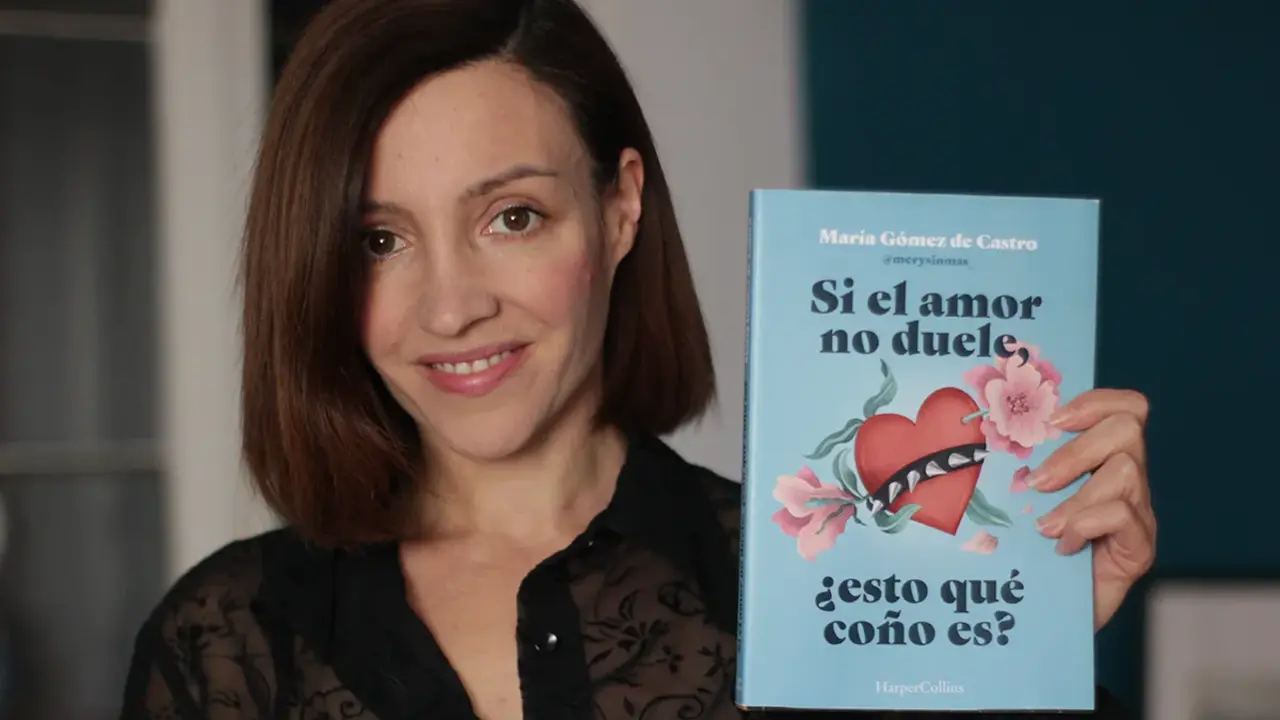"Al sur de Tánger" and the power to travel to Morocco without prejudices

In the latest edition of "De Cara al Mundo", on Onda Madrid, we had the participation of Gonzalo Fernández Parrilla, writer, translator and professor at the Universidad Autónoma de Madrid, who presented his book "Al sur de Tánger: un viaje por Marruecos desde principios de los 80 hasta hoy". The author aims to provide a tool for Spanish travellers who want to get to know Morocco, its people and its cultures.
Do you think this book is necessary for anyone who really wants to get to know the reality of Morocco?
I think so, I think it can help people who want to approach Morocco in a different way. It is a book that invites you to travel to this country and to get to know its cultures in a way that is not usually present in the Spanish press and which may surprise many readers, the vitality of these Moroccan cultures and the modernity of many of them.
There is ignorance, clichés and stereotypes. Morocco is often portrayed in a bad light when, like any country, it has its lights and shadows.
There is a bit of everything. The idea is to show aspects that are not usually seen by travellers. We have a lot of shared history and a baggage of prejudices that we have had since we were children. I think that when Spanish tourists go to Morocco they have other things in mind that they don't take with them to other countries. The idea is that when a Spaniard goes to Morocco, he does the same as he does anywhere else. Why is it that when we go to France we boast about having been to the Louvre? When we go to Morocco, many tourists don't go to see the many museums, of which there are all kinds. That change of mentality is what interests me, that change of chip.
I was going to ask you about that, about the objective, why did you write this book?
I am a university professor and at the university we are dedicated to studying Spanish-Moroccan relations and Moroccan culture in depth, but sometimes we publish in places where we don't reach other types of readers. What interested me was to bring the knowledge we generate at the University to a wider public, to try to connect with those Spanish tourists, with those million Spanish tourists who travelled to Morocco before the pandemic, and that some of them might take this book with them so that on that trip they might change their mentality.
What will they find in the book?
There is a bit of everything. The subtitle of the book is "a journey into the cultures of Morocco", there is music and, above all, there is literature. The book is a tribute to Moroccan writers. There are Arabic speakers, French speakers, of course writers in Amazigh, and also many Hispanists. There are chapters dedicated to them and also to the fruit of that other element that unites Spain and Morocco, which is Moroccan emigration to Spain. In recent years, a new generation of writers of Moroccan origin born in Spain or who arrived here as children has emerged who are now making a name for themselves in the cultural sphere. Three of them are the Catalan writer Najat el Hachmi, who has won the Nadal and Ramon Llul prizes; the writer Mohamed el Morabe, who won last year's Malaga Novel Prize; and Youssef el Maimouni, who has just published "Nadie salva a las rosas". That's all in the literary field, and we could go on in the artistic field with music...
In addition to the cultural ties you are talking about, you cross the border and you find a modern Morocco, right?
Yes, the modernisation of Morocco and Moroccan society in recent years has been impressive. The infrastructures that have been created, such as the first high-speed train in Africa, which links Tangiers with Casablanca. I think Morocco has this path of modernity, but it is constantly in a tension between modernity and tradition. There is a balance that is difficult to find and I think that, in all areas, from the religious to the cultural and educational, Morocco is trying to maintain its identity while modernising.
Yes, the communication campaign "Morocco, land of light", where they tried to offer a path towards modernity, but without renouncing their traditions, is that possible?
I don't think it is contradictory. It is the path that Morocco has chosen, that of trying to reconcile these two poles, these two forces that are those of maintaining its signs of identity and its traditions while at the same time modernising. I think we can find this in all areas of Moroccan society. What interested me with this book "Al sur de Tánger" was also, beyond what is usually told about Morocco in the media here in Spain, to give a voice to Moroccans, to Moroccan writers and artists, and how they themselves tell the story of how they make the pages of this book.
Why "Al sur de Tánger"?
Tangier is a special place. It is the usual gateway to Morocco when you go by boat. Tangiers is also a city that has special links with Spain and it is also a city that is important in my biography. I lived there for a few years and there is a literary tradition that I liked. There are two other books that begin their titles with "Al sur de", which is "Al sur de Granada", by Gerald Brenan, and "Al sur de Tarifa", by our diplomat Alfonso de la Serna, who was Spain's ambassador in Rabat. At the time it seemed to me like going a little further south. "Al sur de Tánger" has this city as a protagonist, but above all it means Morocco.
Human rights, freedoms in Morocco, with the knowledge you have, how would you describe it?
Well, it is a subject where there is always room for improvement. In recent years, with the pandemic, let's say that the quotation that heads my own book is dedicated to some intellectuals who have spent time in Moroccan prisons since the years of lead. Obviously I don't focus only on these things, but I think they can always be done in this area.
Yes, as soon as King Mohammed VI came to the throne in 1999, he created the National Council for Human Rights, he put a prisoner who had been in prison for many years, and all the files and all the compensation were up to date. The problem now is that there are members of the Polisario Front who have broken the 1991 truce, they are carrying out violent actions, they are shooting at Moroccans and there is a military action to prevent that. I believe that human rights are respected in Morocco.
In the book there is a chapter dedicated to the years of lead. That's part of the story, but let's say that it came to current events, episodes that have occurred in recent years. On the question of human rights, I was referring more to domestic political issues. Perhaps in recent years there have been episodes with journalists that seem to me to be worrying at least. Of course, with all my respect for Morocco and with all my passion for that country.
Things have to be clear. The Moroccan High Council of the Judiciary explains that the three cases of imprisoned journalists are for ordinary crimes, two of them for sexual assaults. Some people say that they are inventing evidence, but personally, in the case of the "procés", I was annoyed that the independence of the judiciary and the professionalism of Spanish judges were called into question, and the same is true in the case of Morocco. If we go to countries like Algeria, China, Iran, the European Parliament should make many resolutions.
Absolutely. I agree against this type of global trials, what I don't disagree with is that there may have been episodes in recent months that could perhaps have happened in a different way, but I totally agree that these global trials are not, in my view, from Morocco.
Let's go back to "Al sur de Tánger". What would you say to someone who goes to a bookshop and wonders why they might buy the book and what they will get out of reading it?
As has already been made clear in this conversation we are having, Morocco is very important for Spain. Morocco is on the minds of many Spaniards in different ways. I recommend a trip to this country because it is, in a way, a kind of initiatory journey for Spaniards because it is a way of confronting many of our complexes and fears. The idea of this book is to help those Spanish tourists to be able to see Morocco in another way beyond what we usually see here in the media.

